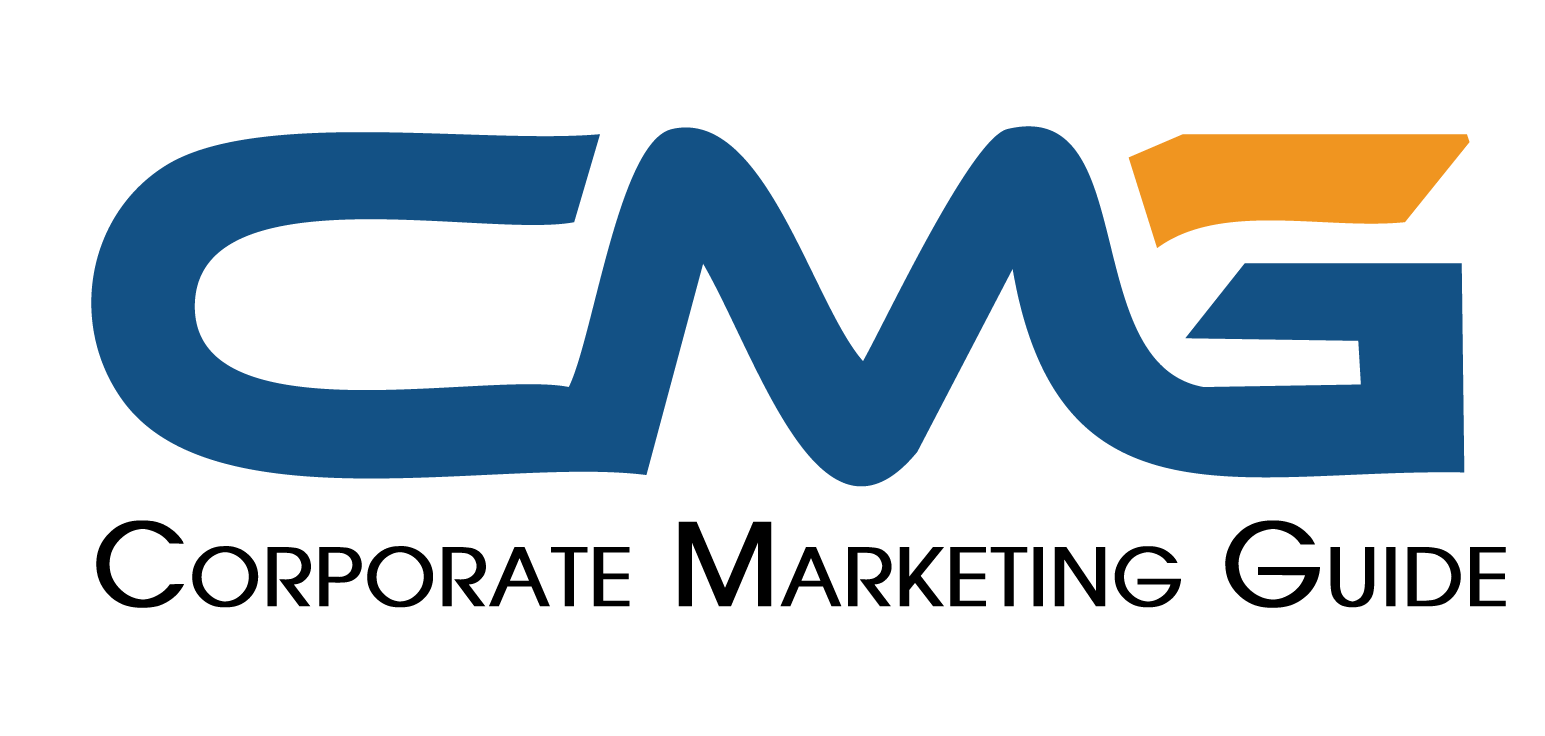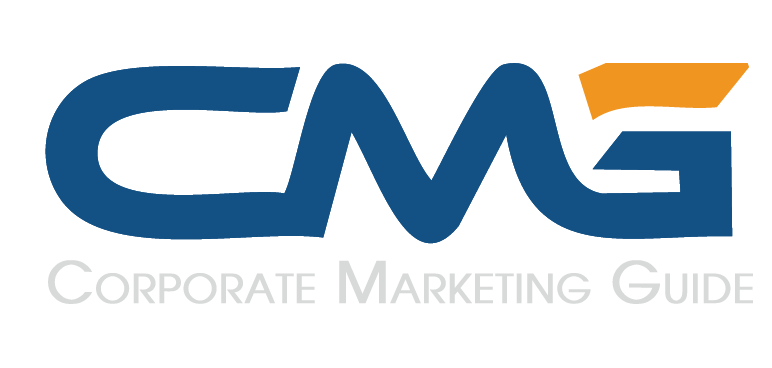Reputation is crucial in the healthcare sector. One mistake or misstep can jeopardize years of trust-building and goodwill. In this high-stakes environment, maintaining a strong, positive reputation is crucial for long-term success.
This article examines the top strategies that healthcare organizations and providers can use to safeguard their credibility.
Why Healthcare Providers Need to Manage Their Reputation
It is impossible to overestimate the significance of reputation management in the healthcare industry. The foundation of the healthcare sector is trust, as patients entrust their health to healthcare providers and organizations. A sterling reputation serves as a beacon, attracting patients and fostering confidence in the quality of care they can expect to receive.
Effective reputation management not only boosts patient satisfaction but also encourages loyalty. Patients are more inclined to return for additional care when their experiences are pleasant. They also tend to recommend the provider to others in their social circles. The healthcare industry benefits greatly from this word-of-mouth promotion. Beyond patient attraction, a solid reputation is essential for personnel acquisition and retention.
Healthcare professionals are drawn to organizations known for excellence in patient care and employee treatment. By maintaining a positive image, healthcare entities can build teams of skilled and dedicated staff members.
The case of Bard Access Systems Inc., a subsidiary of Becton, Dickinson, and Company, highlights the importance of managing reputation. As a medical device maker, their experience shows why reputation management matters. Drugwatch says they produce the Bard PowerPort, an implantable catheter system for intravenous medication delivery, including chemotherapy treatments.
The Bard PowerPort features titanium and plastic housing with a ChronoFlex AL polyurethane and barium sulfate blend. It comes with catheters for administering fluids and drawing blood, as well as a silicone septum for accessing medications. The port is attached to a catheter and is usually inserted in the arm or chest beneath the skin. This catheter accesses a major vein to deliver medication directly into the bloodstream.
While the device aims to improve patient care, it has faced significant challenges. The Bard Power Port lawsuit alleges that patients with these devices may face elevated risks of severe complications due to catheter failures. These lawsuits have been consolidated into multidistrict litigation in the U.S. District Court for the District of Arizona.
According to Torhoerman Law, potentially serious complications associated with the Bard PowerPort Device include:
- Catheter fractures or migration
- Deep vein thrombosis (DVT)
- Vein and blood vessel damage
- Catheter-related infections and tissue death
- Blood clots
- Arterial punctures
- Cardiac events
- Hematoma or hemorrhage
- Hemothorax
- Pulmonary issues
- Tachycardia
- Lung collapse
- Stroke
This case highlights the importance of maintaining a positive reputation in healthcare. Product issues can have serious consequences for both patients and manufacturers.
Tips to Manage Your Reputation in the Healthcare Sector
Here are some tips to help you manage and protect your reputation:
Claim and Take Charge of Your Listings
It is important to ensure your medical facility’s contact information is accurate and consistent across directories. Check that your clinic or hospital address, phone number, email, and operating hours are correctly displayed on platforms like Google My Business and WebMD. Having consistent, accurate information increases your visibility and prevents confusion for potential patients searching online.
The global local listing management software market was valued at an estimated USD 2.83 billion in 2023. Projections show the market growing to around USD 3.27 billion in 2024. This represents a compound annual growth rate (CAGR) of 16.64% during that one year.
The potential for growth in the United States market is especially strong. As more people rely on location-based searches and e-commerce, businesses see the need to optimize local SEO and digital presence.
The adoption of listing management solutions is on the rise to help companies maximize these opportunities. Given demand is increasing, taking proactive steps to participate could help your medical facility connect with customers searching online near your location.
Ensure Evidence-Based Marketing Claims Upholds Patient Trust
Research shows branding in healthcare encompasses more than just a logo – it also involves the overall patient experience.
The study published in the Technium Social Sciences Journal discussed how effective branding can differentiate an organization from its competitors and foster patient loyalty. It concluded that a strategic approach to branding and reputation management is essential for long-term success in healthcare.
It is important for providers to focus on optimizing patient experiences and actively managing their public image. This enhances competitiveness in the market. To support these efforts, all marketing claims should be grounded in credible evidence.
Provider organizations must ensure that any statements made about medical procedures, products, or services are verified by reliable research. Avoid exaggerations or unsubstantiated assertions that could damage your reputation or violate guidelines. Following evidence-based practices in communications is essential, just as it is in clinical care.
Previous cases demonstrate the risks of non-compliant promotional approaches. Protecting your brand and maintaining trust with patients requires strategic reputation management supported by credible evidence at all times.
Proactively Address Patient Feedback
Address any negative reviews promptly by responding both online and directly to the patient. Assure them and others viewing the review that the situation is being addressed.
While no brand can expect exclusively positive reviews, savvy consumers may be wary of only high ratings. Patients understand interactions won’t always go perfectly but want to see issues acknowledged and efforts made to improve care.
This is particularly crucial in healthcare, where treatment outcomes may vary due to undiagnosed conditions or subtle symptoms. Mistakes can happen given the complexities of human health and diagnosis. However, actively engaging with critics demonstrates accountability and concern for the patient experience. Promptly addressing problems helps rebuild trust where it has been broken.
FAQs
1. Which healthcare brand holds the top position?
A: UnitedHealthcare leads the healthcare industry in brand strength, boasting a Brand Strength Index score of 77.4 out of 100. This outstanding performance has won the company a renowned AA+ brand rating, reaffirming its position as the sector’s finest brand.
2. What defines high-quality healthcare?
A: The National Academy of Medicine outlines six key attributes of quality healthcare: safety, effectiveness, patient-centricity, timeliness, efficiency, and equity. These characteristics form a comprehensive framework for evaluating and improving healthcare delivery, ensuring optimal outcomes and patient satisfaction across diverse populations.
3. What drives competition in the healthcare sector?
A: Healthcare competition is fueled by price sensitivity in managed care contracts and patient retention. Providers must offer competitive pricing while maintaining quality. Insurance plans vie for customers by balancing cost-effectiveness with robust provider networks and stringent quality assurance measures, including credentialing and assessment procedures.
In an industry built on trust, protecting your reputation should be one of a healthcare organization’s top priorities. By maintaining quality care, transparency with patients, and a willingness to learn from mistakes, providers can build goodwill that lasts for years.
As technology connects more people with information instantly, reputation management requires constant vigilance. However, for those committed to serving their communities with excellence, a strong public image will continue to attract support that ensures future success.



